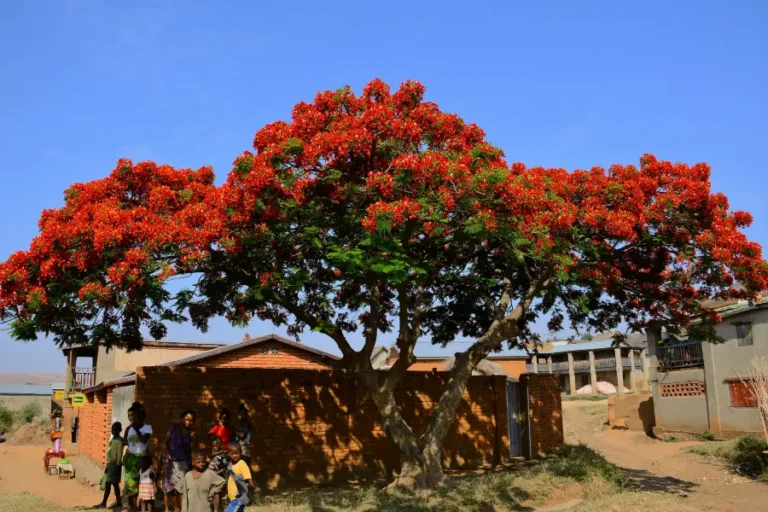In Madagascar, craftsmanship holds major significance—it is far more than just a souvenir to take home. It is a vital economic and social pillar, particularly for women.
Accounting for around 75% of employment nationwide, the artisan sector is largely supported by women, who occupy nearly 80% of its positions. Whether through embroidery, basket weaving, raffia braiding, leatherwork, or zebu horn craft, each region in Madagascar has developed its own unique way of expressing traditional know-how through distinctive handmade objects.
Through these manual trades, many women today gain access to stable incomes and real autonomy. Some organizations employ hundreds of female artisans while offering ongoing training. In addition, dedicated training centers provide opportunities for women from underprivileged backgrounds to develop professional skills. These initiatives not only strengthen women’s economic participation but also enhance the visibility of Malagasy cultural identity on international markets.
Tourism plays a complementary and crucial role in this dynamic. Every visitor seeking authenticity boosts demand for handcrafted products, supports the emergence of local cooperatives, and helps preserve living traditions. Many women are also engaging directly in tourism through the sale of handmade goods, hosting guests in homestays, or offering participatory workshops—activities that further reinforce their financial independence.
Public policies and private initiatives are now increasingly geared toward inclusive growth, where craftsmanship and tourism act as powerful engines for social transformation. Traveling to Madagascar thus also means supporting a solidarity-based, sustainable economy that values a living, rooted, and deeply human form of craftsmanship.






